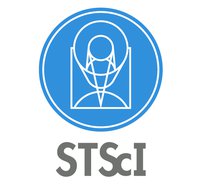
The Wide Field Camera 3 (WFC3) on HST provides the opportunity for spectroscopic characterization of molecular features in transiting exoplanet atmospheres, a capability that has not existed in space since the demise of NICMOS on HST and the IRS on Spitzer. WFC3’s slitless grism design and the stable and reliable pointing and thermal environment of HST provide an excellent platform for high-precision spectroscopic monitoring of transiting exoplanet host stars. Additionally, the wavelength range of WFC3’s long-wavelength grism covers several molecular absorption bands which are relevant to planetary atmospheres, most notably the 1.4 micron water band. I will present analysis of WFC3 transit and eclipse measurements for a number of highly irradiated, Jupiter-mass planets observed over several HST cycles, with a focus on confirming which planets exhibit water absorption in transit and/or eclipse and measuring the characteristic brightness temperature at these wavelengths.
Measurements of molecular absorption in the atmospheres of these planets offer the chance to explore several outstanding questions regarding the atmospheric structure and composition of hot Jupiters, including the possibility of bulk compositional variations between planets and the presence or absence of a stratospheric temperature inversion, and I will describe our progress and plans towards resolving some of these questions.
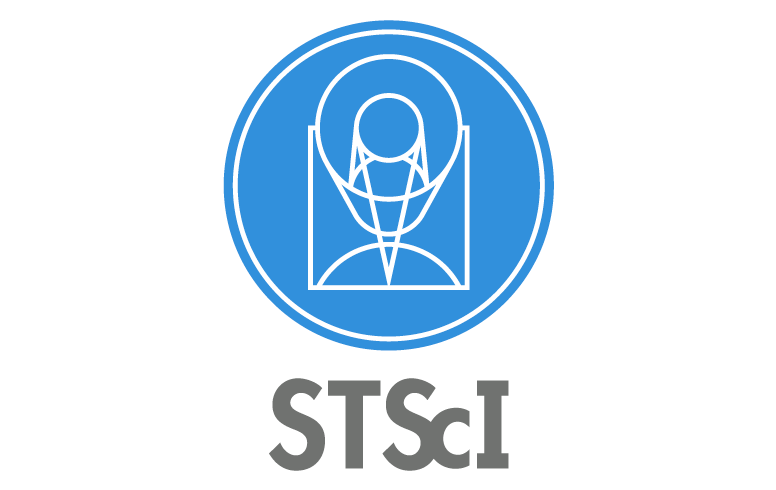 Contemporary Water and Habitability of Mars
Contemporary Water and Habitability of Mars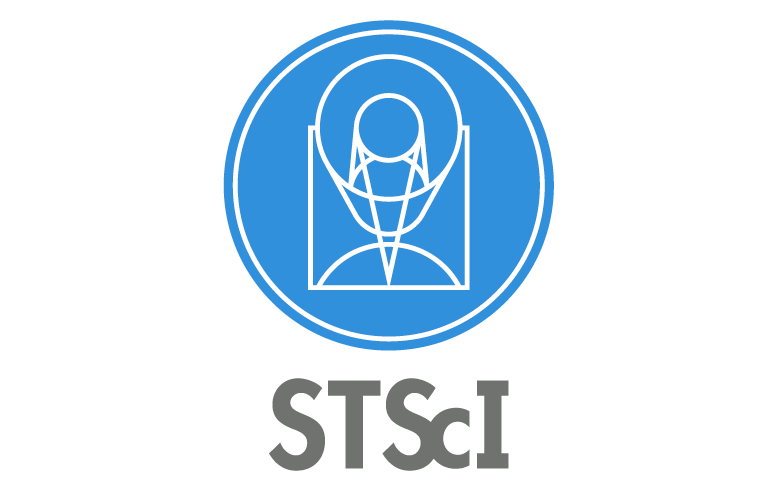 Astrobiology and the Antropocene Epoch
Astrobiology and the Antropocene Epoch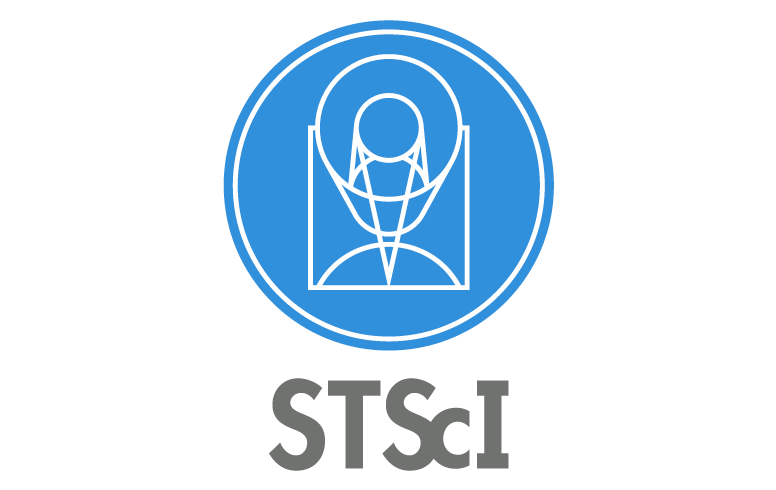 Planets, Life, and the Universe Lecture Series (2009 - Present)
Planets, Life, and the Universe Lecture Series (2009 - Present)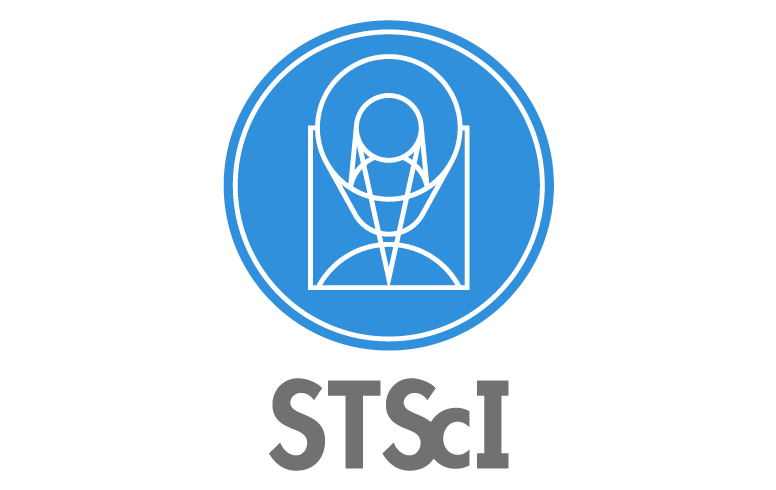 Blood Falls: Portal Into an Antarctic Subglacial Microbial World
Blood Falls: Portal Into an Antarctic Subglacial Microbial World